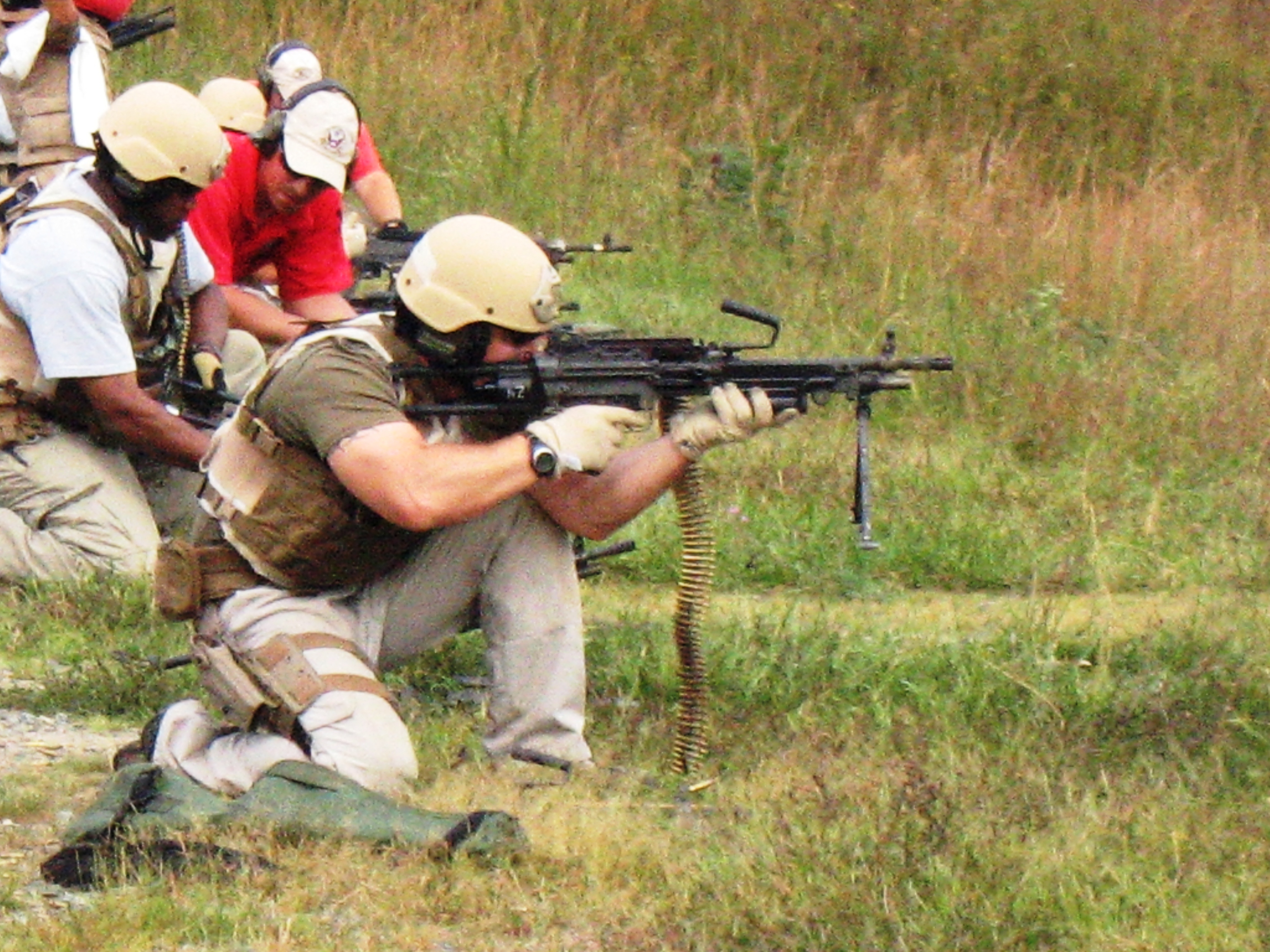Government Grants
Business Grants
Home Owner Programs
Federal Programs
About Us
U.S. Embassy Luanda Public Diplomacy Section Request for Statements of Interest: Annual Program Statement
A.
PROGRAM DESCRIPTION The U. S. Embassy Luanda Public Diplomacy Section (PDS) of the U. S. Department of State is pleased to announce this Request for Statements of Interest (SOI) from organizations interested in applying for funding of program proposals that strengthen ties between the people of the United States and Angola through cultural and exchange programs that highlight our shared values and promote bilateral cooperation.
This is an Annual Program Statement, outlining our funding priorities and the procedures for submitting requests for funding.
Please carefully follow all instructions below.
The submission of a SOI is the first step in a two-part process.
Applicants must first submit a SOI, which is a concise, one-to-two page concept note in English, designed to clearly communicate a program idea and its objectives before the development of a full proposal application.
The purpose of the SOI process is to allow applicants the opportunity to submit program ideas for PDS to evaluate prior to requiring the development of full proposal applications.
Upon review of eligible SOIs, PDS will invite selected applicants to expand their ideas into full proposal applications.
Program Objectives:
These small grants intend to strengthen ties and build relationships between the United States, Angola, and São Tomé and Principe through activities that highlight shared values, goals, and cooperation.
All proposals must have a strong American cultural element, or a connection with American expert/s, organization/s, or institution/s in a specific field that will promote increased understanding of U. S. policy and perspectives.
Examples of PAS-funded programs include, but are not limited to:
● Academic and professional lectures, seminars, and speaker programs; ● Artistic and cultural programs, joint performances, and exhibitions involving the work of American artists or American subjects; ● Cultural heritage conservation and preservation programs; ● Programs that expand PDS American Corners and American Spaces activities; ● Professional and academic exchanges and programs; ● Media training; ● Programs developed by an alumnus/a of a U.S.-government sponsored educational or professional exchange program; ● Experiential learning activities (e.g.
Model UN, Model Government).
Note:
Proposed programs may take place virtually or in-person with public health protocols in place, or a combination of both.
Priority Program Areas for Angola:
U.S.- Angola Partnership:
Activities to promote a deeper understanding of the United States’ long support for Angola’s development and prosperity and the celebration of the 30th anniversary of our bilateral relationship.
Target audiences include youth and young adults who may be unaware of U. S. initiatives in Angola.
Build Communication Capacity:
Activities that link Angolan journalists to American journalists or media institutions, and/or promote the production of high-quality reporting on topics of shared U.S.-Angolan interest such as the impact of climate change, effectiveness of U. S. foreign assistance programs, human rights and trafficking, etc., in order to strengthen free press and journalism as an institution in Angola.
Activity should develop and deepen the creative, idea-forming sectors of Angolan society, including journalists, artists, broadcasters, and publishers.
Target audience:
mid-career journalists.
Skills for Success:
Activities to promote professional skills such as resume writing, digital literacy, basic financial literacy, public speaking, and entrepreneurship drawing on American and Angolan examples, in order to encourage successful participation in the global economy.
Applicants are strongly encouraged to partner with English Clubs, American Spaces, or U. S. exchange alumni to conduct these activities.
Target audiences include but are not limited to:
underemployed and unemployed youth who will soon complete or have completed formal education; and/or graduate/undergraduate students in Science, Technology, Engineering, or Math with a strong interest in improving their English or pursuing graduate study in the United States.
Priority Program Areas for São Tomé and Principe:
Improve Economic Growth and Inclusion:
activities that connect and sustain networks between small to medium sized businesses, to promote local entrepreneurial ecosystem growth in order to advance competitiveness and job creation for youth, women, and other disadvantaged groups.
Promote Civic Engagement:
activities that encourage civic education for active participation in government and community engagement while promoting democratic values; encourage professional media coverage of elections and social issues; and increased awareness of the importance diversity and inclusion for strong communities with attention to gender and at-risk youth through education, the arts, sports, etc.
Reinforce Mutual Understanding between the U. S. and São Tomé and Principe:
present accurate information on the U. S. and build connections between American and Santomean institutions at all levels; support the promotion of American cultural heritage; and foster English language proficiency for strategic audiences such as disadvantaged youth, entrepreneurs, and mid-career professionals in government service.
Participants and Audiences:
Proposals must identify a clearly defined target audience that the project seeks to influence.
Well-defined audiences are countable and accessible through the project’s activities.
Proposals should specify the changes in knowledge, understanding, attitudes, or behavior change in attitudes or behavioral action that they seek with the project – and how they plan to measure these outcomes.
The following types of programs are not eligible for funding:
● Programs relating to partisan political activity; ● For-profit programs ● Charitable or development activities; ● Construction programs; ● Programs that support specific religious activities; ● Fund-raising campaigns; ● Lobbying for specific legislation or programs; ● Scientific research; ● Programs intended primarily for the growth or institutional development of the organization; or ● Programs that duplicate existing programs.
Authorizing legislation, type and year of funding:
The Statutory Authority for this program is the Smith-Mundt Act or the Fulbright-Hayes Act.
The source of funding is FY2024 Public Diplomacy or Bureau of Educational and Cultural Affairs funds, depending on the type of program.
PROGRAM DESCRIPTION The U. S. Embassy Luanda Public Diplomacy Section (PDS) of the U. S. Department of State is pleased to announce this Request for Statements of Interest (SOI) from organizations interested in applying for funding of program proposals that strengthen ties between the people of the United States and Angola through cultural and exchange programs that highlight our shared values and promote bilateral cooperation.
This is an Annual Program Statement, outlining our funding priorities and the procedures for submitting requests for funding.
Please carefully follow all instructions below.
The submission of a SOI is the first step in a two-part process.
Applicants must first submit a SOI, which is a concise, one-to-two page concept note in English, designed to clearly communicate a program idea and its objectives before the development of a full proposal application.
The purpose of the SOI process is to allow applicants the opportunity to submit program ideas for PDS to evaluate prior to requiring the development of full proposal applications.
Upon review of eligible SOIs, PDS will invite selected applicants to expand their ideas into full proposal applications.
Program Objectives:
These small grants intend to strengthen ties and build relationships between the United States, Angola, and São Tomé and Principe through activities that highlight shared values, goals, and cooperation.
All proposals must have a strong American cultural element, or a connection with American expert/s, organization/s, or institution/s in a specific field that will promote increased understanding of U. S. policy and perspectives.
Examples of PAS-funded programs include, but are not limited to:
● Academic and professional lectures, seminars, and speaker programs; ● Artistic and cultural programs, joint performances, and exhibitions involving the work of American artists or American subjects; ● Cultural heritage conservation and preservation programs; ● Programs that expand PDS American Corners and American Spaces activities; ● Professional and academic exchanges and programs; ● Media training; ● Programs developed by an alumnus/a of a U.S.-government sponsored educational or professional exchange program; ● Experiential learning activities (e.g.
Model UN, Model Government).
Note:
Proposed programs may take place virtually or in-person with public health protocols in place, or a combination of both.
Priority Program Areas for Angola:
U.S.- Angola Partnership:
Activities to promote a deeper understanding of the United States’ long support for Angola’s development and prosperity and the celebration of the 30th anniversary of our bilateral relationship.
Target audiences include youth and young adults who may be unaware of U. S. initiatives in Angola.
Build Communication Capacity:
Activities that link Angolan journalists to American journalists or media institutions, and/or promote the production of high-quality reporting on topics of shared U.S.-Angolan interest such as the impact of climate change, effectiveness of U. S. foreign assistance programs, human rights and trafficking, etc., in order to strengthen free press and journalism as an institution in Angola.
Activity should develop and deepen the creative, idea-forming sectors of Angolan society, including journalists, artists, broadcasters, and publishers.
Target audience:
mid-career journalists.
Skills for Success:
Activities to promote professional skills such as resume writing, digital literacy, basic financial literacy, public speaking, and entrepreneurship drawing on American and Angolan examples, in order to encourage successful participation in the global economy.
Applicants are strongly encouraged to partner with English Clubs, American Spaces, or U. S. exchange alumni to conduct these activities.
Target audiences include but are not limited to:
underemployed and unemployed youth who will soon complete or have completed formal education; and/or graduate/undergraduate students in Science, Technology, Engineering, or Math with a strong interest in improving their English or pursuing graduate study in the United States.
Priority Program Areas for São Tomé and Principe:
Improve Economic Growth and Inclusion:
activities that connect and sustain networks between small to medium sized businesses, to promote local entrepreneurial ecosystem growth in order to advance competitiveness and job creation for youth, women, and other disadvantaged groups.
Promote Civic Engagement:
activities that encourage civic education for active participation in government and community engagement while promoting democratic values; encourage professional media coverage of elections and social issues; and increased awareness of the importance diversity and inclusion for strong communities with attention to gender and at-risk youth through education, the arts, sports, etc.
Reinforce Mutual Understanding between the U. S. and São Tomé and Principe:
present accurate information on the U. S. and build connections between American and Santomean institutions at all levels; support the promotion of American cultural heritage; and foster English language proficiency for strategic audiences such as disadvantaged youth, entrepreneurs, and mid-career professionals in government service.
Participants and Audiences:
Proposals must identify a clearly defined target audience that the project seeks to influence.
Well-defined audiences are countable and accessible through the project’s activities.
Proposals should specify the changes in knowledge, understanding, attitudes, or behavior change in attitudes or behavioral action that they seek with the project – and how they plan to measure these outcomes.
The following types of programs are not eligible for funding:
● Programs relating to partisan political activity; ● For-profit programs ● Charitable or development activities; ● Construction programs; ● Programs that support specific religious activities; ● Fund-raising campaigns; ● Lobbying for specific legislation or programs; ● Scientific research; ● Programs intended primarily for the growth or institutional development of the organization; or ● Programs that duplicate existing programs.
Authorizing legislation, type and year of funding:
The Statutory Authority for this program is the Smith-Mundt Act or the Fulbright-Hayes Act.
The source of funding is FY2024 Public Diplomacy or Bureau of Educational and Cultural Affairs funds, depending on the type of program.
Relevant Nonprofit Program Categories
Obtain Full Opportunity Text:
NSF Publication 24-527
Additional Information of Eligibility:
Not for profit organizations including civil society/ non-governmental organizations and think tanks Educational institutions Individuals
Full Opportunity Web Address:
http://www.nsf.gov/publications/pub_summ.jsp?ods_key=nsf24527
Contact:
Agency Email Description:
For Inquiries
Agency Email:
Date Posted:
2024-01-22
Application Due Date:
Archive Date:
2024-04-23
Social Entrepreneurship
Spotlight
Partnerships in Social Enterprises Can Increase Social Impact

Chief executive of HCT, Dai Powell, shares the experiences and practical lessons he learned along the way when teaming up with Ealing Community Transport to deliver site transport during the Olympic Park construction.

